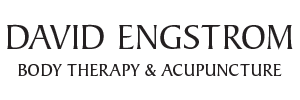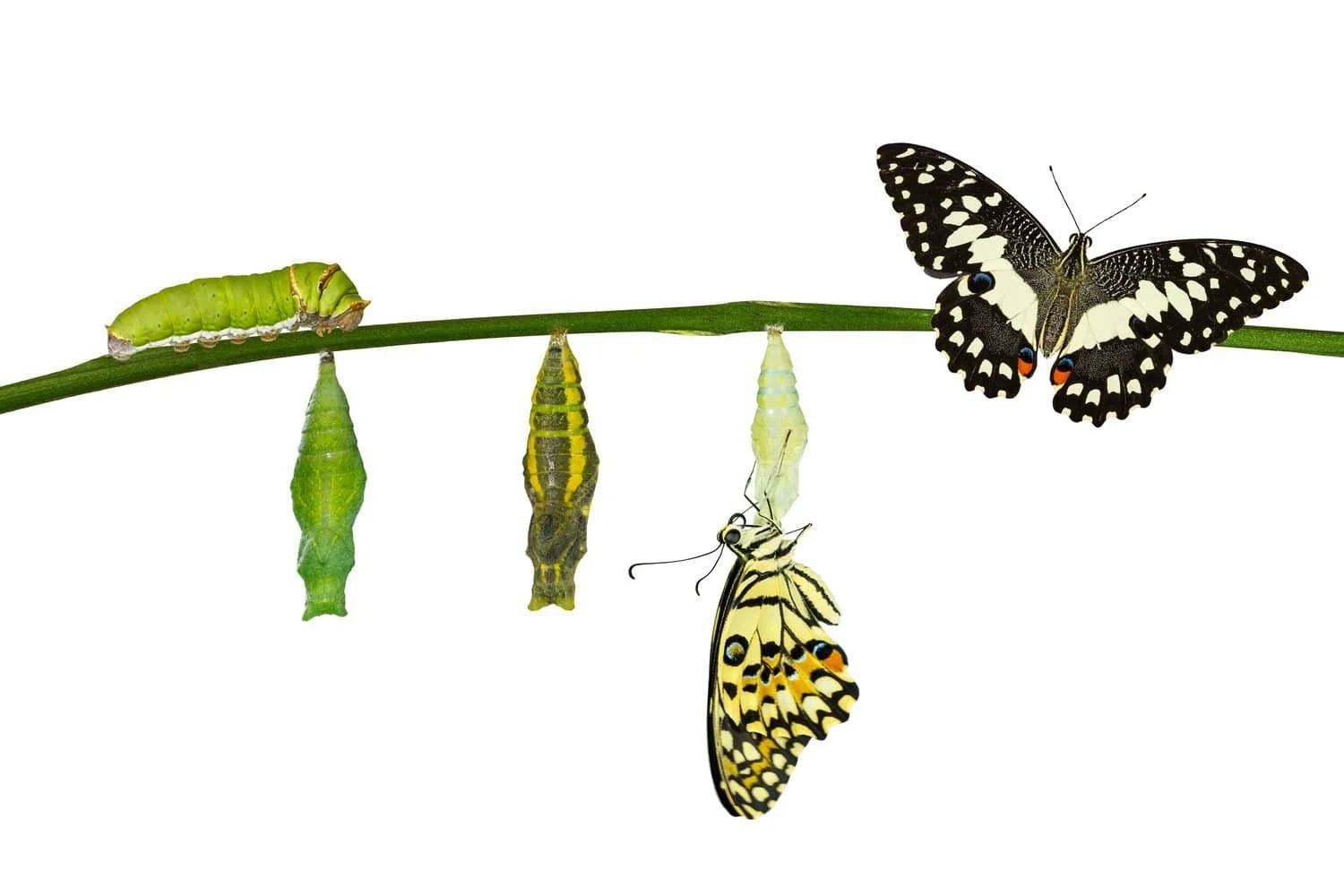Unlocking Relief: Acupuncture and Bodywork for Chronic Pain
Discover the transformative power of acupuncture and bodywork in managing chronic pain. This blog post delves into the science behind these techniques, their potential benefits, and how they can revolutionize your health. Don’t let chronic pain hold you back. Start your journey to a pain-free life today
Acupuncture treatment for back pain
The Prevalence of Chronic Pain Chronic pain is a pervasive issue that affects an estimated 1.5 billion people globally. It’s not just a physical sensation but can also lead to psychological effects such as depression and anxiety, making everyday tasks challenging and reducing overall well-being.
Understanding Chronic Pain Chronic pain, unlike acute pain, persists often for months or even longer. It’s a complex condition that can stem from various causes such as injury, illness, or nerve damage. It’s not just physical – it can have emotional effects too, leading to feelings of hopelessness or despair.
The Limitations of Traditional Pain Management Traditional pain management often relies on medication, which can have side effects such as dependency, tolerance, and withdrawal symptoms. Moreover, these methods often focus on symptom relief rather than addressing the root cause of the pain.
The Power of Acupuncture in Pain Management Acupuncture, a key component of traditional Chinese medicine, has been used for over 2,500 years to treat various ailments, including chronic pain. It’s based on the concept of Qi (pronounced “chee”), or life energy, that flows through meridians in the body.
How Does Acupuncture Work? Acupuncture works by inserting thin needles into specific points on the body, known as acupuncture points. This stimulates the body’s natural healing response, promoting physical and emotional well-being. It’s believed to enhance the body’s functions and promote the natural self-healing process by stimulating specific anatomic sites.
The Benefits of Acupuncture for Chronic Pain Research has shown that acupuncture can help reduce the intensity and frequency of chronic pain, improving quality of life for those who suffer from it. It does this by stimulating the body’s own pain-relieving chemicals, such as endorphins and serotonin.
The Role of Bodywork and Structural Integration in Pain Management Bodywork and structural integration, often referred to as “Rolfing,” can also play a crucial role in managing chronic pain. These techniques focus on the connective tissue, or fascia, of the body.
What is Bodywork and Structural Integration? Bodywork and structural integration involve hands-on manipulation of the body’s tissues to improve structure, posture, and movement. These techniques aim to realign and balance the body by stretching and manipulating the fascia.
The Benefits of Bodywork and Structural Integration for Chronic Pain These techniques can help alleviate chronic pain by addressing imbalances in the body that may be contributing to discomfort. They can improve posture, reduce stress, increase flexibility, and enhance overall movement.
Combining Acupuncture and Bodywork for Optimal Results For the best results, acupuncture and bodywork can be used in conjunction. This holistic approach addresses both the symptoms and the underlying causes of chronic pain, offering a comprehensive solution for pain management.
The Future of Pain Management With the growing recognition of the benefits of acupuncture and bodywork, these therapies are set to play an increasingly important role in pain management. They offer a non-invasive, drug-free alternative to traditional pain relief methods.
Start Your Journey to Pain-Free Living Today Don’t let chronic pain hold you back. Discover the benefits of acupuncture and bodywork today and start your journey to a pain-free life. With personalized treatment plans, you can find the relief you’ve been seeking and regain control of your life.
Acupuncture, Yingyang, and Change
“Medicine and the Changes have the same source.” The changes he was referring to are those described in the “I Ching,” a book which reflects the underpinnings of not only Chinese culture but of health itself: Yin and Yang, or more appropriately Yinyang.”
Throughout its history, Chinese medicine, including acupuncture, tui na, herbal medicine, and qi gong, has been a wellspring of ideas, theories, and truly amazing perspectives, born out of necessity. The Ming dynasty (1368–1644) scholar Zhang Jiebin said that “Medicine and the Changes have the same source.” The changes he was referring to are those described in the “I Ching,” a book which reflects the underpinnings of not only Chinese culture but of health itself: Yin and Yang, or more appropriately Yinyang.
Understanding Yinyang
Yin and Yang have often been portrayed as opposites; male/female, sun/moon, hot/cold, and so forth. But that’s not exactly accurate. It’s more like something is more warm or more cool than something else. Is it more masculine or more feminine? Yinyang is more like a system of measuring degreesof quality. Applying the principles to ourselves or to our daily lives is like asking whether or not I feel more energetic or less energetic. Do I feel warmer or slightly chilled?
Change and Medicine
Things don’t typically happen just out of nowhere. Even if we don’t know about it, can’t see it, or, maybe, aren’t directly involved, there’s something happening. It begins with a thought, then intent, and then action-reaction-action. Somewhere, eventually, a pause or rest and possibly more action-reaction.
So, how might we apply the ideas of change to medicine for our 21st century lives? What are our common “dis-eases”? What do they stem from? With certainty I can tell you that most things are generated by our lifestyle choices.
Simple Remedies for Common Problems
Combatting Fatigue
For fatigue, try going to bed a little earlier. Not just for one night, make it a habit! You might be getting enough sleep hour-wise (quantity), but maybe you’re too tired by the time you get to bed and your rhythm is off.
Improving Digestion
For non-optimal digestion, you will need to put on your detective cap. Before jumping on the gluten-free bandwagon (or any other extreme approach), start by cleaning up your fueling habits and partake in an elimination diet. Get all the processed and packaged food out of your system, get clean, and then reintroduce suspect foods back in one at a time and avoid the obvious no-no’s! Consider adding fermented foods such as Kiefer to your breakfast and kimchi or sauerkraut to your lunch or dinner Think about healthy beverages such as Japanese Genmai-cha tea after a meal to aid in digestion.
Addressing Stiffness
Feeling like a tin man or tin woman? For feelings of stiffness or feeling older than you really are, get up and move. Hours in front of your keyboard or your steering wheel haven’t helped you much. (And your clutch isn’t helping your left hip either!) Simple daily movement and mobility work such as a 20 minute walk and 10 minutes of mobility to start would be appropriate. Mobility can be added to your day at anytime whether sitting or standing.
Managing Stress
For general stress and feelings of being overwhelmed (my number one complaint), the first thing I recommend is to learn to breathe from your lower abdomen. Go take a meditation class, in person and not online. This is an excellent front line approach to regulating the autonomic nervous system! Minimize the content you’re inputting to your brain: less news and less internet time. (Don’t worry, you won’t miss much as you think!) And you can’t go wrong getting an acupuncture or bodywork treatment!
Conclusion
Keep in mind that a product or prescription probably won’t be what rescues you. You’ll rescue yourself by creating change in your daily life and your personal habits. My suggestions are general and you may very well need some assistance. Schedule time on my table for acupuncture and bodywork, and I can assist you in achieving the changes you desire. Make change your Go To medicine!
Revolutionize Health: Acupuncture & Structural Integration
We were taught in healthcare education that certain topics of conversation were to be avoided with patients. Religion, politics, and other emotional trigger topics (possibly the Seahawks) were best not mentioned.
In our healthcare education, we were advised to steer clear of certain conversation topics with patients. Religion, politics, and other emotionally charged subjects were best left untouched. However, times have changed, and so has the world around us.
Our society has been stirred up, and it’s been the talk of the town for months. While I won’t predict what lies ahead, I will share some recommendations that might help:
Navigating Modern Stress: Recommendations for a Healthier Life
• Limit your consumption of print and digital media. Immersing yourself in a constant stream of “doom & gloom” won’t improve your mood. Instead, rent a comedy, pop some popcorn, relax, and laugh. Remember, what you’re watching is purely for your entertainment!
• Avoid self-medication. Moderation is key, whether it’s sugar, alcohol, cannabis, or even 1980’s music videos on YouTube.
• Engage in physical activity, preferably in a place without a news channel playing. The great outdoors, free from power sources and USB ports, is an excellent choice.
• Allow yourself to put down your handheld device. Don’t feel guilty if you miss a social media post notification!
• Have a real, face-to-face conversation with someone you enjoy spending time with. In the absence of a phone in your dominant hand, you might even reach out and touch them.
My final tip is simple: smile and breathe. While it’s not covered by your insurance company, you can do it independently without a prescription, an appointment, or a cross-town trip. It’s not packaged, there’s no patent, and there’s not yet been an executive order saying you can’t do it!
Embrace the Revolutionary Mindset: Acupuncture and Bodywork for Wellbeing
Perhaps by adopting the mindset of our country’s founders and being “revolutionaries” (creators) rather than “reactionaries” (defenders), we can live the lives that we truly wish to live. And remember, acupuncture and bodywork are powerful tools in your revolutionary toolkit. They can help you navigate the stresses of modern life and achieve the health and wellbeing you desire.
I hope you find these tips helpful. Remember, acupuncture and bodywork are here to support you on your journey to better health and a stress-free life.



